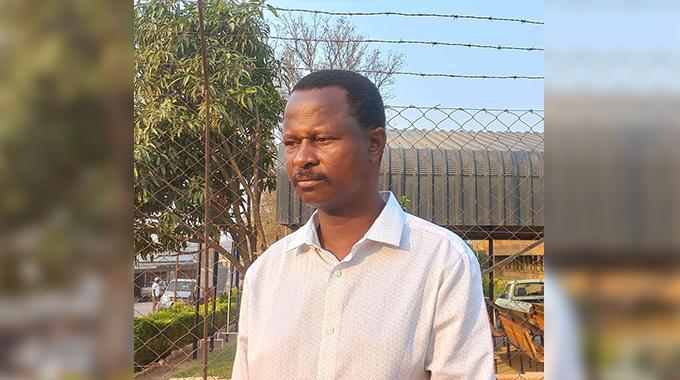Business / Economy
Community pushes for official recognition of Tji Zhawunda
13 Aug 2025 at 11:22hrs |
1 Views

The community of Gwanda District in Matabeleland South Province is taking steps to have Tji Zhawunda officially recognised as one of Zimbabwe's national languages.
Tji Zhawunda is spoken in parts of Gwanda, including Nsimbi, Switja, and Garanyemba, among other areas. Zimbabwe currently recognises 16 official languages, including Chewa, Chibarwe, English, Kalanga, Koisan, Nambya, Ndau, Ndebele, Shangani, Shona, sign language, Sotho, Tonga, Tswana, Venda, and Xhosa.
Gwanda South legislator and Deputy Minister of Information, Publicity and Broadcasting Services, Dr Omphile Marupi, said the initiative forms part of efforts to revive Gwanda traditions and culture.
"In line with President Mnangagwa's mantra of leaving no one and no community behind, we are pushing for the introduction of Tji Zhawunda language," Dr Marupi said. "We want to honour the Zhawunda community, noting that Gwanda is called Zhawunda because of the indigenous natives of the area. Recognition of Tji Zhawunda thus fulfills the President's vision of inclusivity."
Dr Marupi explained that the initiative involves engagement with traditional leaders and local communities to trace the history and roots of the language. A recent language census indicated that residents in areas such as Garanyemba, Ntepe, Sengezane, Samlodi, parts of Bethel, and villages around Buvuma and Selonga still speak Tji Zhawunda fluently.
Highlighting plans to preserve and promote the language, Dr Marupi said radio programming will be used as a tool for its resuscitation. "While it is mostly spoken by the elderly, a few youths can still converse in the language. Using radio will help preserve, promote, and develop the remnants of Tji Zhawunda for future generations," he said.
The push for Tji Zhawunda recognition reflects broader efforts in Zimbabwe to safeguard and celebrate the country's linguistic and cultural diversity.
Tji Zhawunda is spoken in parts of Gwanda, including Nsimbi, Switja, and Garanyemba, among other areas. Zimbabwe currently recognises 16 official languages, including Chewa, Chibarwe, English, Kalanga, Koisan, Nambya, Ndau, Ndebele, Shangani, Shona, sign language, Sotho, Tonga, Tswana, Venda, and Xhosa.
Gwanda South legislator and Deputy Minister of Information, Publicity and Broadcasting Services, Dr Omphile Marupi, said the initiative forms part of efforts to revive Gwanda traditions and culture.
"In line with President Mnangagwa's mantra of leaving no one and no community behind, we are pushing for the introduction of Tji Zhawunda language," Dr Marupi said. "We want to honour the Zhawunda community, noting that Gwanda is called Zhawunda because of the indigenous natives of the area. Recognition of Tji Zhawunda thus fulfills the President's vision of inclusivity."
Dr Marupi explained that the initiative involves engagement with traditional leaders and local communities to trace the history and roots of the language. A recent language census indicated that residents in areas such as Garanyemba, Ntepe, Sengezane, Samlodi, parts of Bethel, and villages around Buvuma and Selonga still speak Tji Zhawunda fluently.
Highlighting plans to preserve and promote the language, Dr Marupi said radio programming will be used as a tool for its resuscitation. "While it is mostly spoken by the elderly, a few youths can still converse in the language. Using radio will help preserve, promote, and develop the remnants of Tji Zhawunda for future generations," he said.
The push for Tji Zhawunda recognition reflects broader efforts in Zimbabwe to safeguard and celebrate the country's linguistic and cultural diversity.
Source - the chronicle
Join the discussion
Loading comments…





























